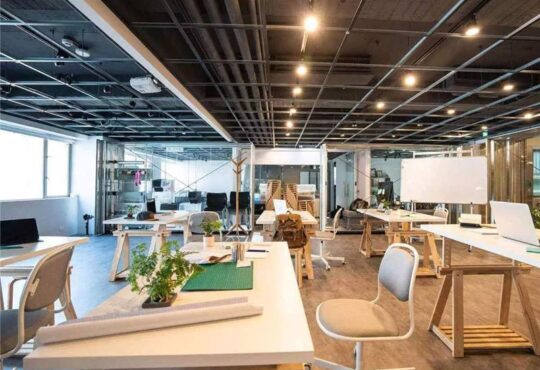
India’s rising home prices, rentals a new inflation threat
Rising home prices and rentals in major Indian cities are posing a new challenge for the country’s central bank in its fight against inflation, according to analysts. While consumer price rises are likely to have reached their peak, the high cost of housing rentals and associated expenses is concerning for the central bank, which already dealt with rising food prices last year. Housing has become a sticking point and is closely monitored for potential secondary effects. Urban housing inflation increased to 4.47% year-on-year in December 2022, compared to 3.61% in the same period the previous year and 3.21% in December 2020, based on data from the Ministry of Statistics and Programme Implementation. Although the index slightly eased in November and December from October’s 4.58%, it remains close to its highest levels since 2019.
India’s retail inflation fell to 5.72% in December, staying within the Reserve Bank of India’s (RBI) comfort zone of 2%-6% for the second consecutive month, after exceeding the upper limit for the first 10 months of 2022. However, core inflation, which excludes volatile food and fuel prices, remained close to 6%. Aditi Gupta, an economist at Bank of Baroda, warned that the persistence of core inflation combined with increasing housing inflation poses a significant risk to the overall inflation outlook. She noted that the non-food basket has borne much of the recent inflationary pressure.

Real estate consultancy firm Anarock reported that rentals in the top seven cities rose by an average of 20%-25% in 2022 compared to pre-pandemic levels, with some popular housing societies experiencing an increase of over 30%. Trends such as hybrid work culture and the need for larger homes are expected to persist, contributing to core inflation due to persistent high rental prices, according to Ranjani Sinha, chief economist at credit rating agency CareEdge Group.
The RBI’s housing price index, which measures home sales, indicates a steady rise to its highest level in over a decade as of the third quarter of 2022. Anarock data reveals that average house prices in the top seven cities, including the National Capital Region, Kolkata, Mumbai Metropolitan Region, Pune, Hyderabad, Chennai, and Bengaluru, increased by 4%-7% between October and December. This upward trend was mainly driven by higher input costs and post-Covid demand. Although housing prices are not directly factored into the consumer price inflation basket, their impact is reflected in construction and raw material prices, and analysts expect no slowdown in the near future. A Reuters poll of property experts last month suggested that housing prices will gradually rise in line with overall economic growth.

Adhering to this prediction, Bank of Baroda’s Gupta explained that while global commodity prices have eased, they remain elevated, leading realtors to pass on the rise in input prices to consumers. Demand remains strong, which will further drive up prices. Higher interest rates have not deterred buyers much so far and are not expected to affect demand unless they exceed 9%, according to Dhaval Ajmera, director at realty developer Ajmera Realty and Infra India.
Analysts predict that rising house prices will also increase demand for services like electricity and repairs, ultimately influencing the overall inflation rate.



